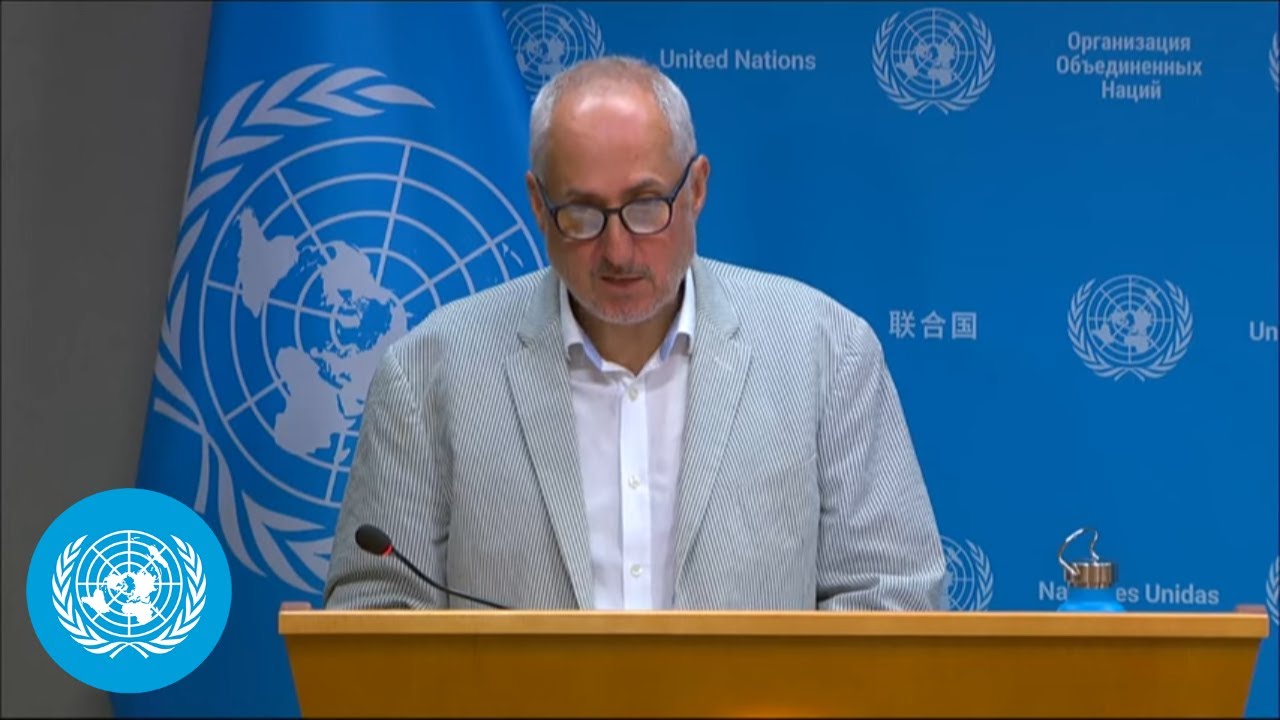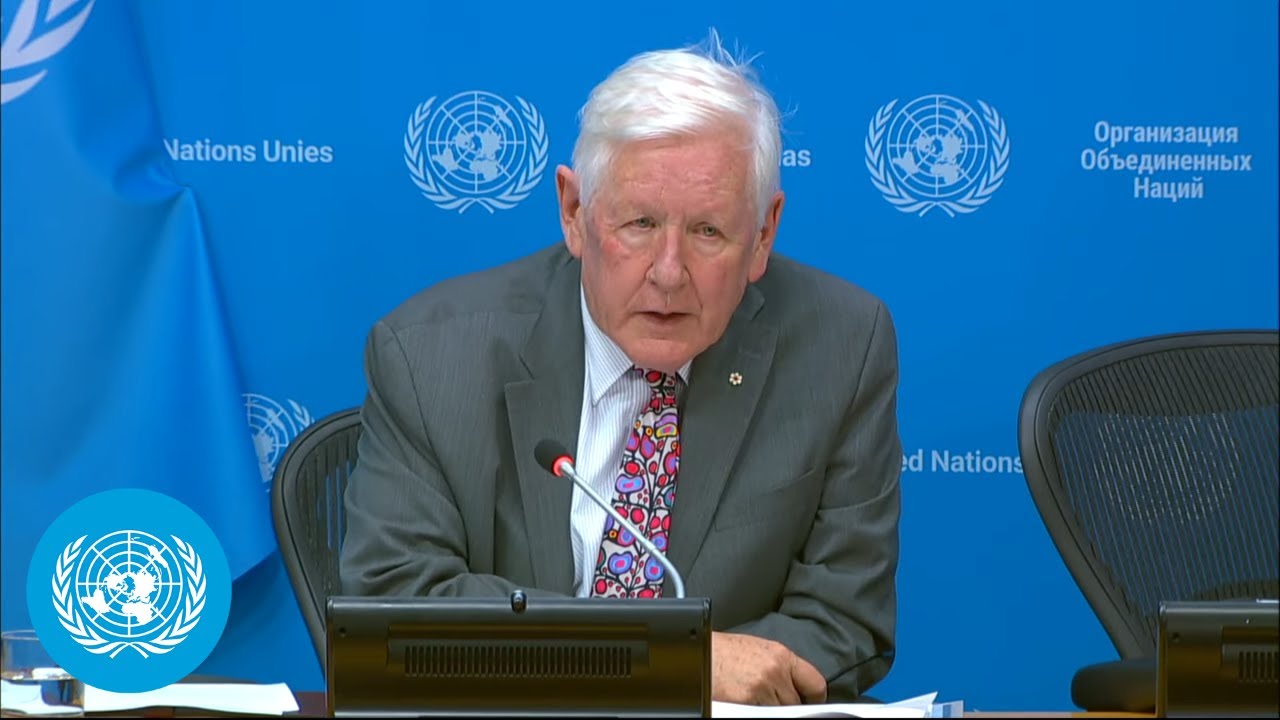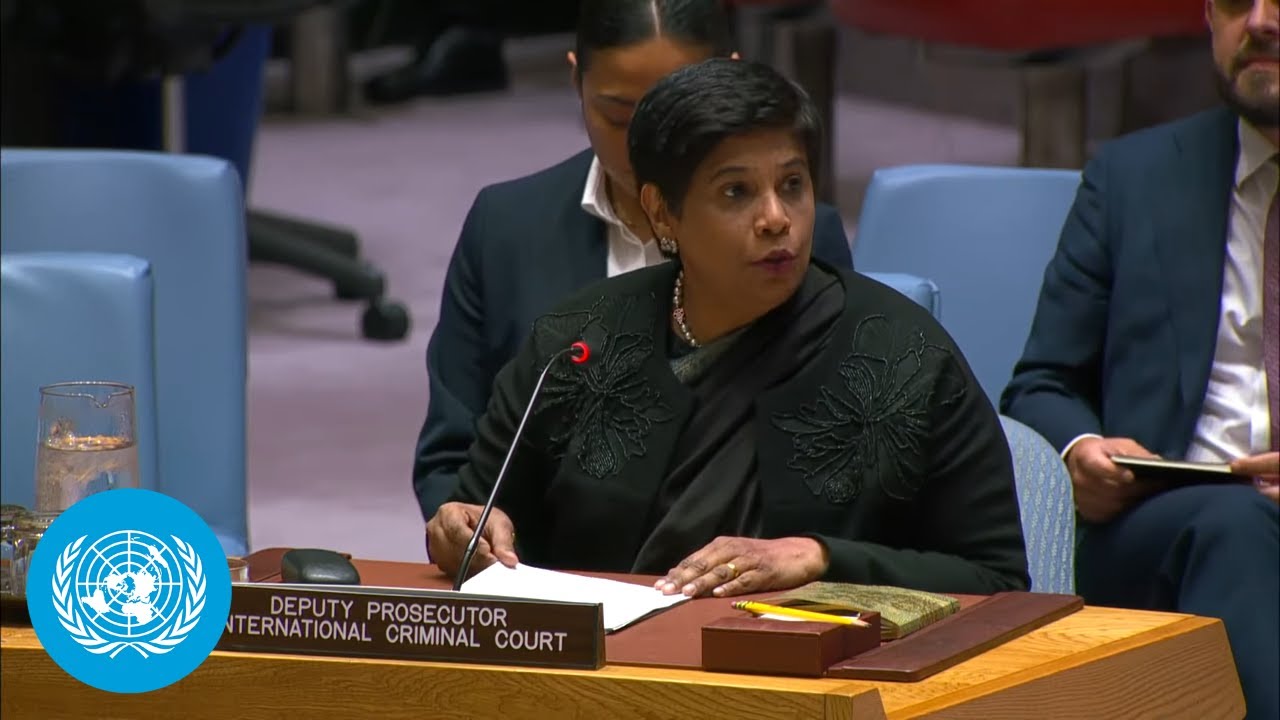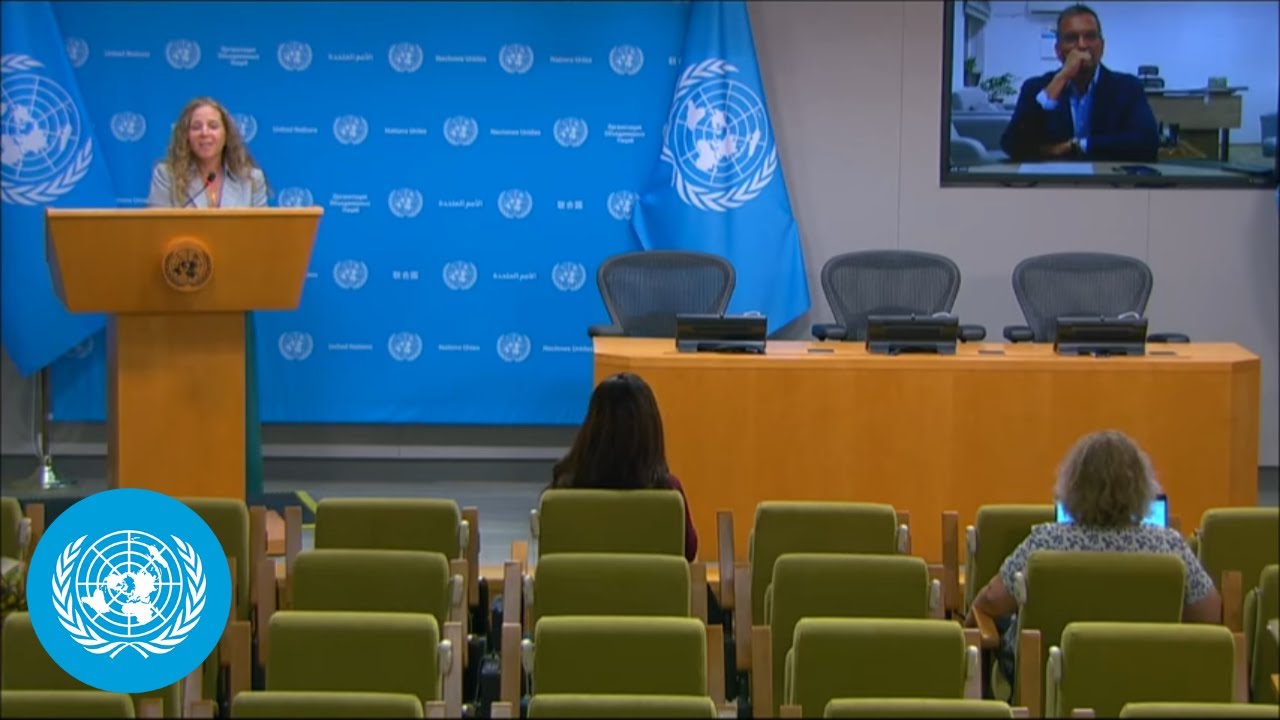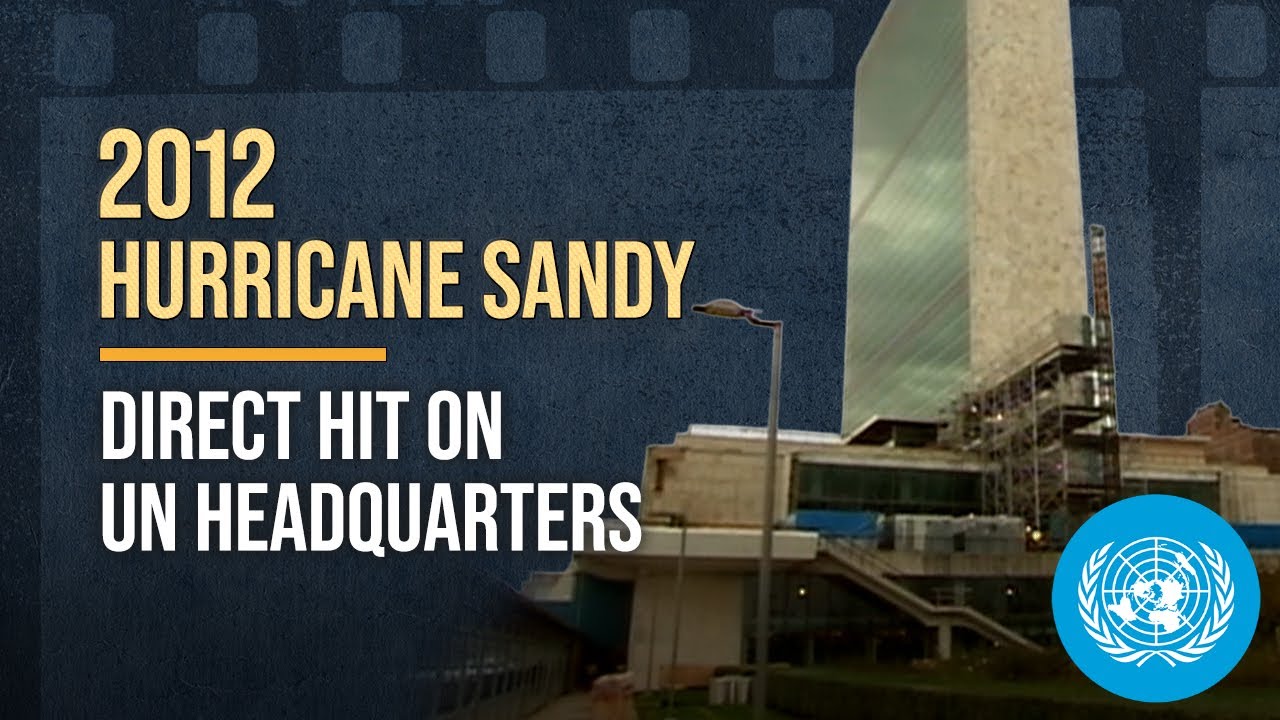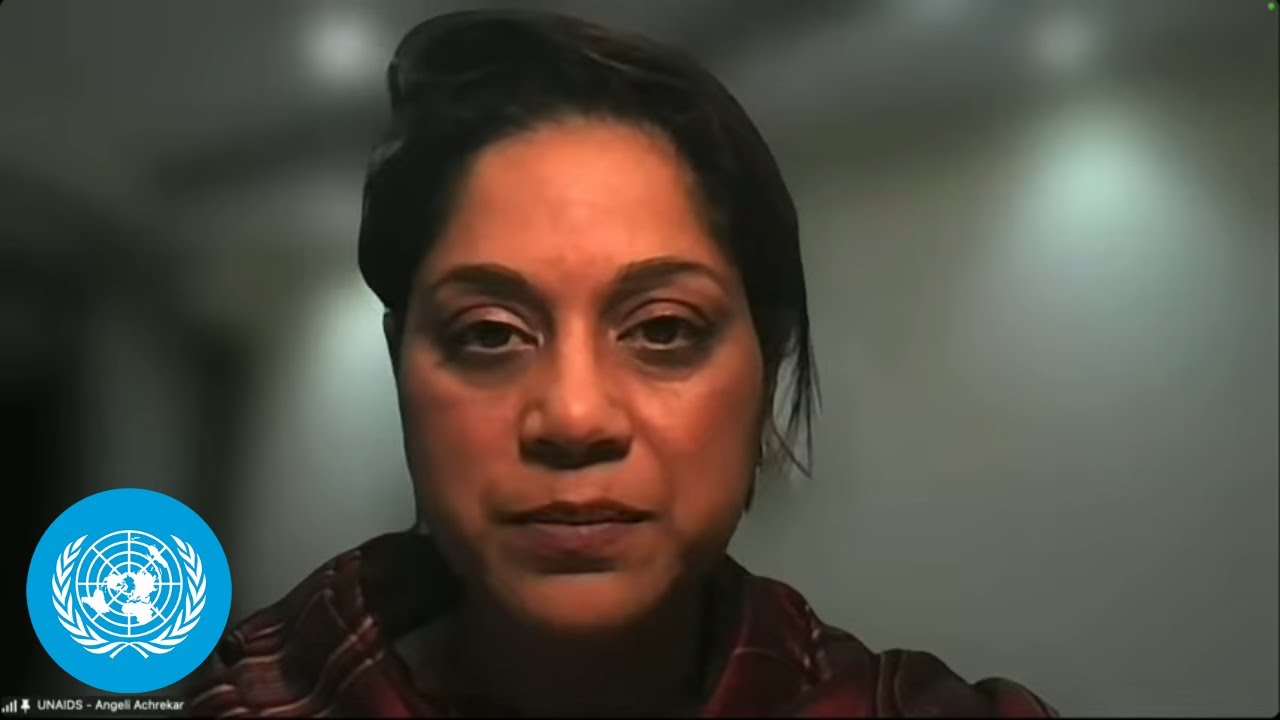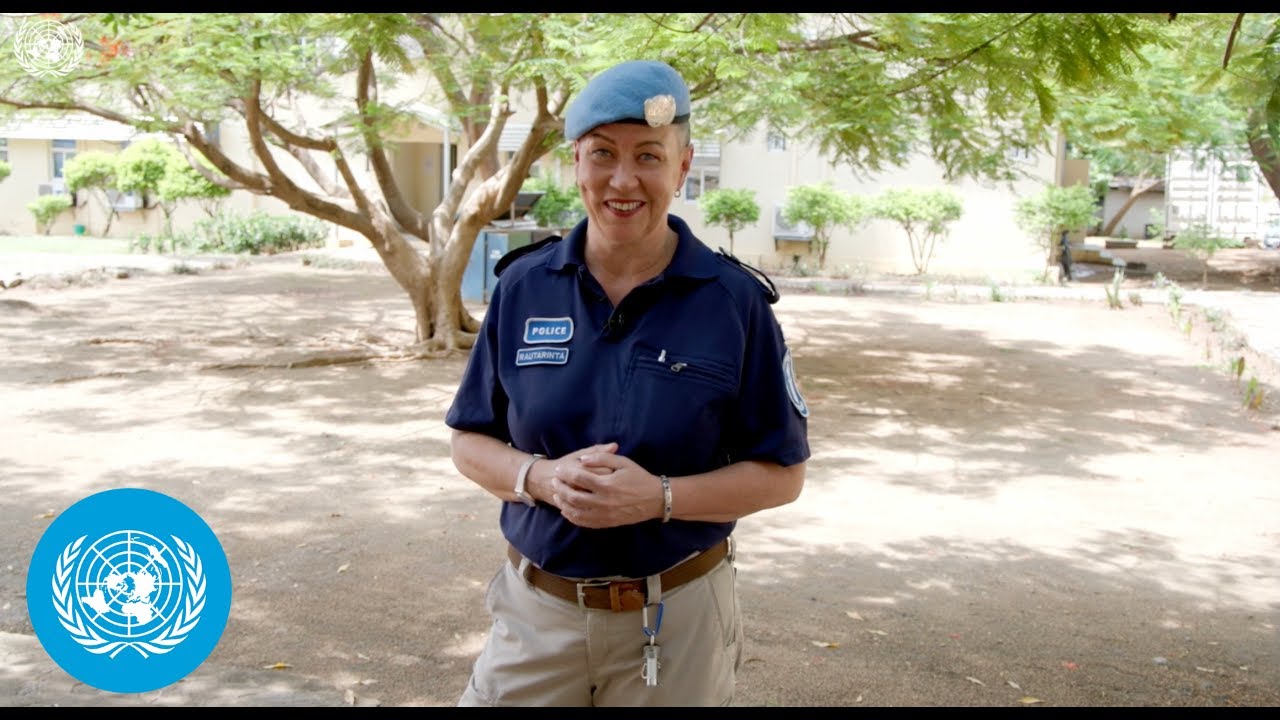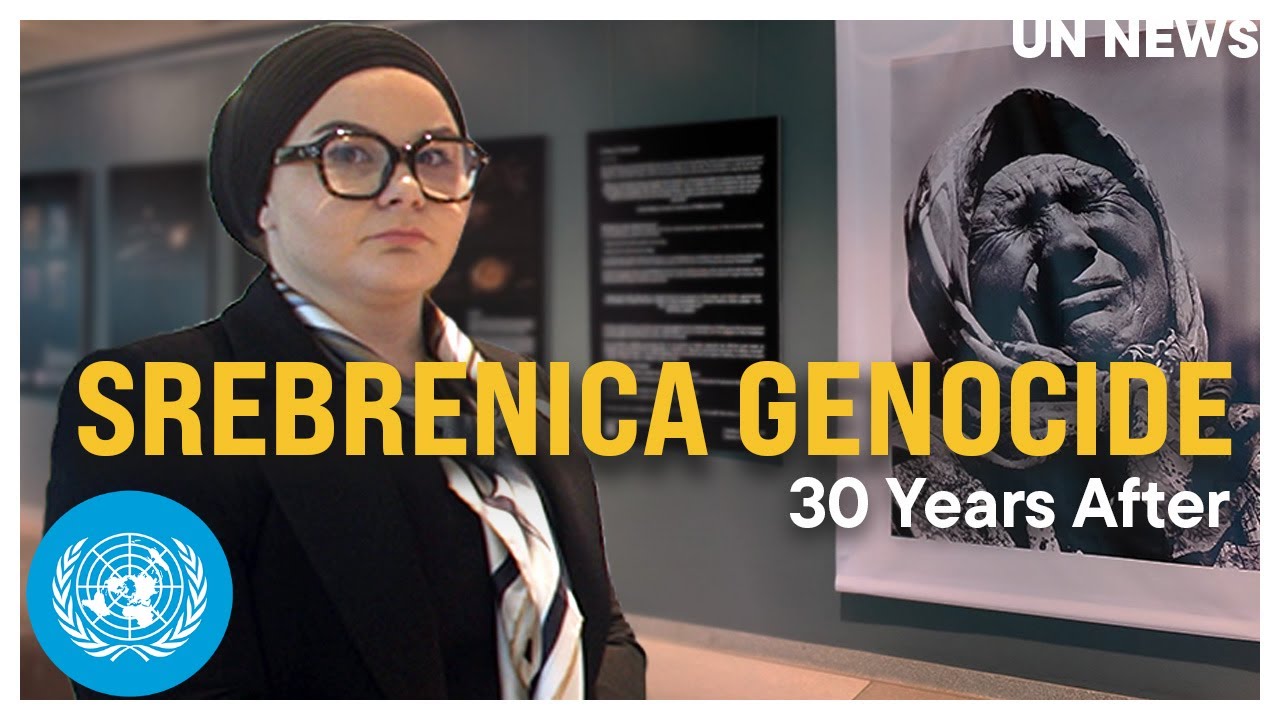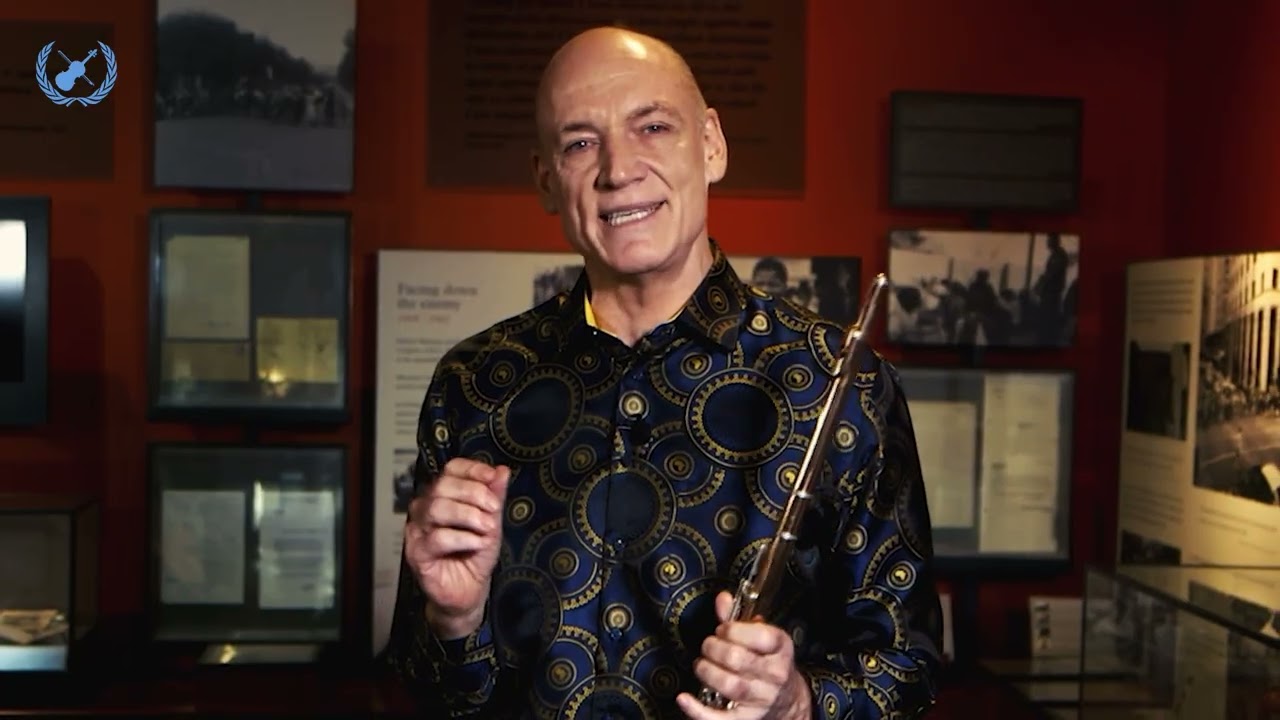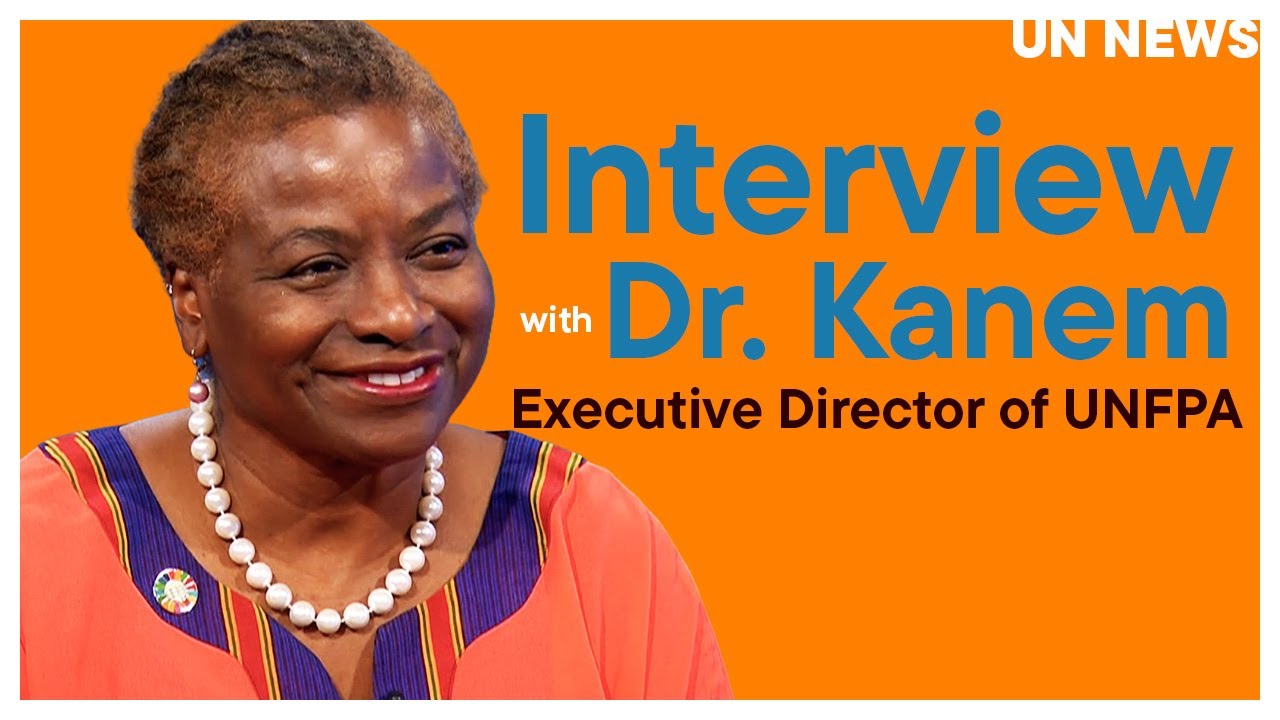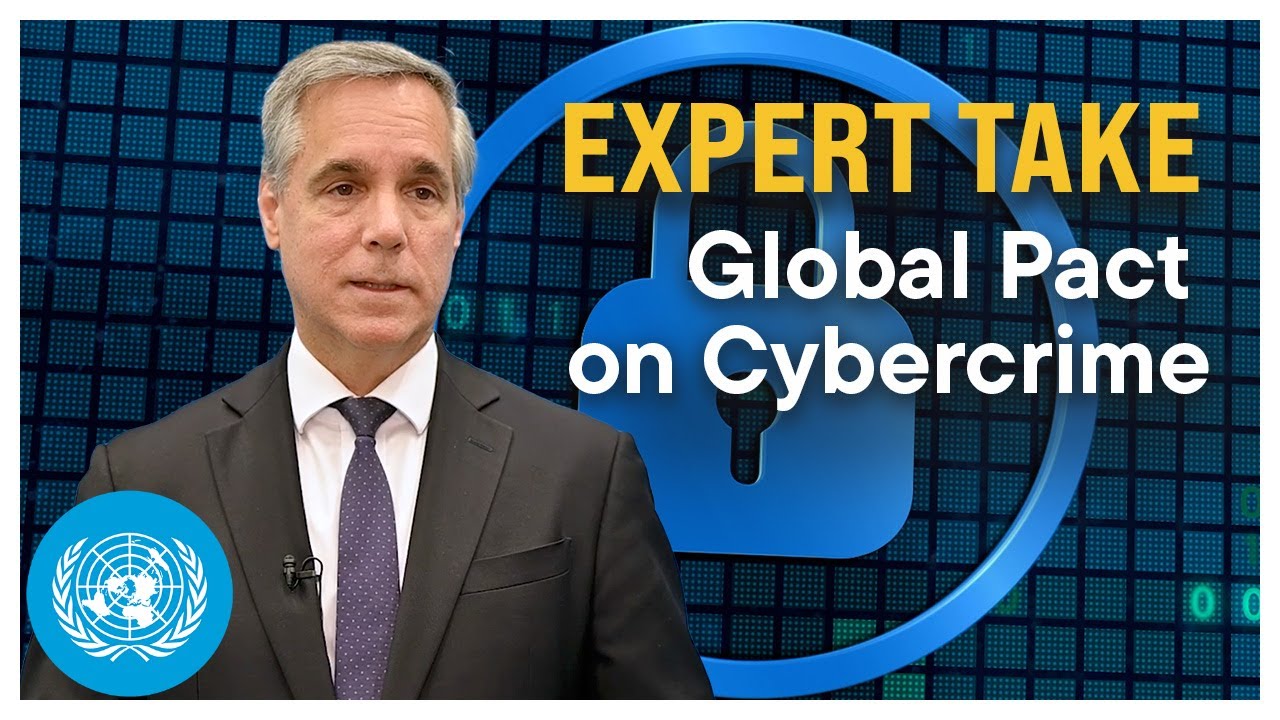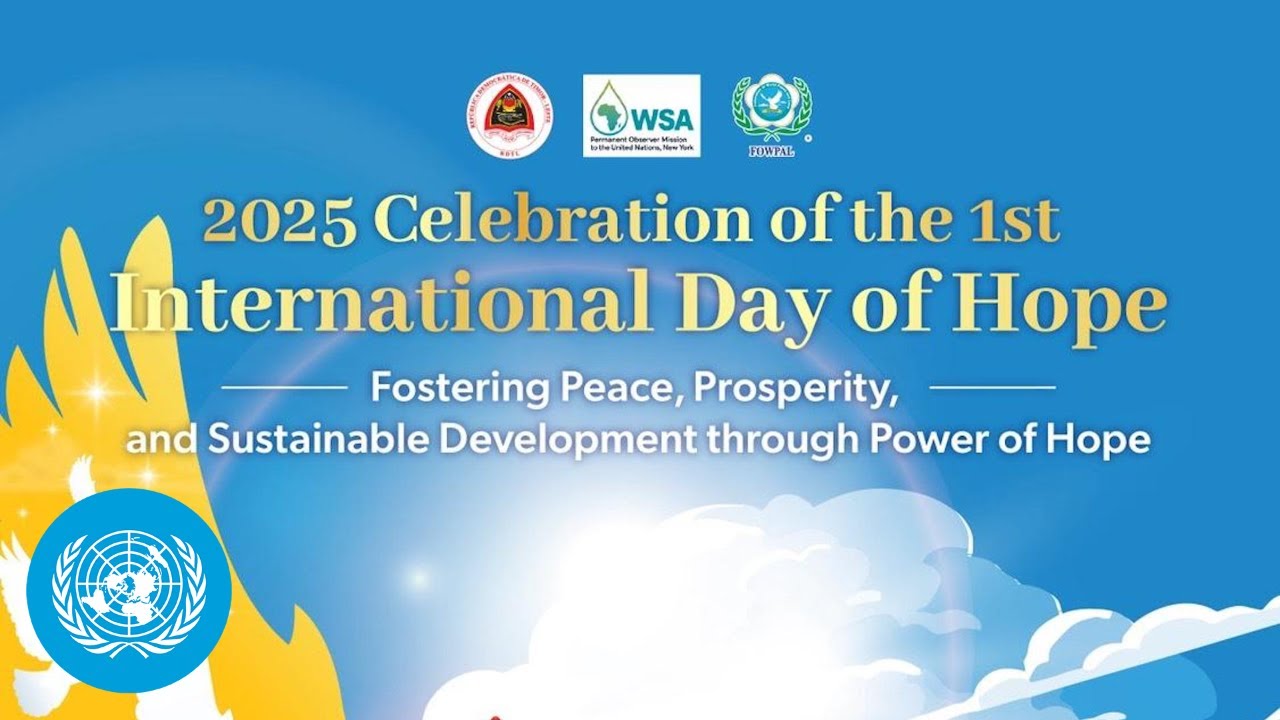30th Anniversary of the Genocide in Srebrenica & other topics – Daily Press Briefing |11 Jul 25 | UN
Noon Briefing by Stéphane Dujarric, Spokesperson for the Secretary-General.
Highlights:
– 30th Anniversary of the Genocide in Srebrenica
– Occupied Palestinian Territory
– Syria
– Memorandum of Understanding between the UN and the Russian Federation
– Haiti
– Attacks in the Red Sea
– Sudan
– Central African Republic
– World Population Day
– International Days
– Briefings
30TH ANNIVERSARY OF THE GENOCIDE IN SREBRENICA
Today is the International Day of Reflection and Commemoration of the 1995 Genocide in Srebrenica. In a message for the Day, the Secretary-General notes that as we mark this anniversary in Srebrenica – the worst atrocity on European soil since the Second World War. He stresses that this day is not only a moment of reflection, it is also a call to vigilance and action.
The Secretary-General points out that at a time when hate speech, denial and division are gaining ground, we must stand firm for truth and justice, adding that we must detect early warning signs and respond before violence takes hold, and that we must respect international law, we must defend human rights, and we must uphold the dignity of every individual, and also invest in reconciliation and peace.
And also to note that Rosemary DiCarlo, the Under-Secretary-General for Political and Peacebuilding Affairs, represented the Secretary-General at the official ceremony that took place in Bosnia-Herzegovina today. In her remarks, she noted that the genocide in Srebrenica remains one of the darkest chapters in Europe’s recent history, a stark reminder of the consequences of hatred, division and the failure to protect civilians. She emphasized that the legacy of Srebrenica must be a world that never again turns away in the face of atrocity.
Also present from the UN side was Miguel Ángel Moratinos, the High Representative for the UN Alliance of Civilizations.
OCCUPIED PALESTINIAN TERRITORY
Turning to the situation in Gaza, the Office for the Coordination of Humanitarian Affairs says that every day without a ceasefire brings more preventable deaths – children dying in pain, and hungry people shot while trying to reach the trickle of aid that is allowed in.
And today, once again, we’ve seen horrifying reports of casualties – dozens of them – among people in Rafah who were simply trying to get food and other basic supplies for their families.
Meanwhile, the fuel crisis remains acute.
Yesterday – for the second straight day – our colleagues were able to pick up 75,000 litres of fuel and bring them to the Gaza strip. This is of course a positive development. However, these amounts are a small portion of what is actually required to sustain lifesaving operations every day in Gaza.
To be clear: fuel is still running out in Gaza. More fuel is needed than what is actually brought in. If the current limits aren’t lifted immediately, so we can bring in greater volumes, more services will go dark
We also urgently need unimpeded, safe access inside Gaza. Yesterday, our teams could provide hospitals with some of the fuel that came in – but only in the south. That’s because Israeli authorities denied our attempt to bring fuel to the north.
Such denials are life-threatening.
We know that hospitals in the north are on the verge of shutting down. But it’s not just hospitals: Fuel is also running out for ambulances, it is running out for water treatment facilities and it is running out for many other essential services, all of which are at risk of collapsing.
Overall, out of the 15 humanitarian movements attempted yesterday where coordination was required with the Israeli authorities, five were denied outright, four were initially approved but then faced impediments on the ground, and only six were fully facilitated. Critical missions – such as the evacuation of vulnerable people from high-risk areas, the retrieval of vehicles and spare tires, and the assessment of medical equipment – could not be accomplished.
The facilitation of movements also needs to be timely. OCHA reports that on Wednesday, Israeli authorities denied a request to reach part of Gaza city where 18 injured people were trapped under the rubble. By the time the mission was finally allowed through yesterday, no one was found alive.
And another important reminder from OCHA is that much-needed operations, such as the distribution of tents, cannot even be attempted as stocks are fully depleted, and Israeli authorities are blocking the entry of any shelter materials – for over 130 days now.
Meanwhile, active hostilities and insecurity continue to put civilians – including aid workers – at risk.
Full Highlights: https://www.un.org/sg/en/content/noon-briefing-highlight?date%5Bvalue%5D%5Bdate%5D=11%20July%202025
For more Information or to watch the video on YouTube, click here.
